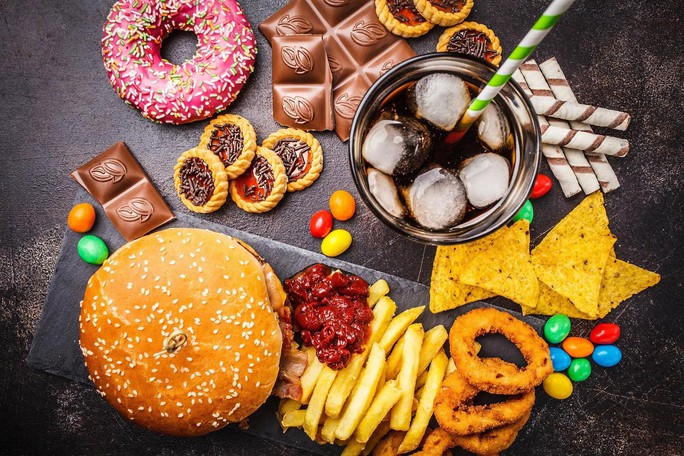All were free of depression at the start of the study. By the end of the study, more than 2,100 women had been diagnosed with depression. This number doubled when less stringent screening criteria were used.
According to a study published in the scientific journal JAMA Network Open , volunteers were also closely studied about their diets. The results showed that the 20% group that ate the most "ultra-processed" foods - including fast food, canned/packaged foods, snacks, candy, and soft drinks - had a 50% higher risk of depression than those who ate none or less. Ultra-processed foods are the group that contains the most artificial sweeteners to replace sugar.

Consuming ultra-processed foods rich in artificial sweeteners can have a very negative impact on mental health. Photo: SCITECHDAILY
According to Professor Andrew Chan, ultra-processed foods rich in artificial sweeteners are known to be linked to chronic inflammation, which can have a number of negative health effects, including depression. They also disrupt the healthy microbiome in the gut, which is involved in metabolizing and producing proteins essential for brain function. The results suggest that dietary changes could have important benefits for people struggling with mental health.
Source



































































































Comment (0)